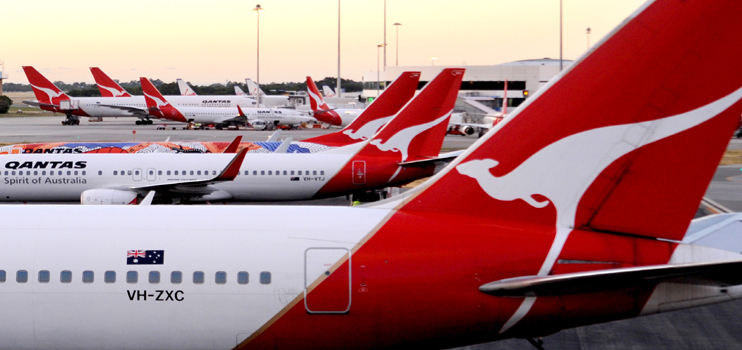The Australian government has released its 2024 Aviation White Paper.
The White Paper outlines 56 new policy initiatives to be implemented in collaboration with industry, governments, and communities to guide the country’s aviation sector's growth and innovation until 2050.
One of the major policy reforms is the introduction of an Aviation Industry Ombuds Scheme. This new body will hold airlines and airports accountable for customer service failures, with the power to investigate complaints and enforce remedies. A key component of this initiative is the creation of an Aviation Customer Rights Charter, which will set clear expectations for how airlines and airports should treat passengers, including timely refunds for cancelled or delayed flights.
Looking at competition within the aviation sector, the government is reforming Sydney Airport’s slot management system. These changes will make it easier for new airlines to enter the market, increasing transparency and reducing anti-competitive behaviour.
The government will also closely monitor airline pricing and performance, with the Australian Competition and Consumer Commission (ACCC) taking a more active role in overseeing airport and airline practices.
The document outlines the government’s intention to pledge a total of AUS $15 billion ($10.1 billion) to support various sectors across the industry. These include aviation technologies and renewable energy.
Initiatives highlighted within the document include a AUS $50 million ($33.8 million) extension of the Remote Airstrip Upgrade (RAU) Program over the next three years which is designed to improve the safety and accessibility of remote airstrips across the country.
Additionally, the government is committing AUS $40 million ($27 million) to the Regional Airports Program (RAP) to enhance safety and connectivity at regional airports, crucial for supporting regional communities.
In a bold move to support the aviation sector's transition to net-zero emissions, the government is also allocating significant resources to the development of sustainable aviation fuels (SAF) and low carbon liquid fuel (LCLF) technologies. This is part of a broader strategy to decarbonize the aviation industry and foster innovation in aviation technologies.
Australian government releases 2024 Aviation White Paper

